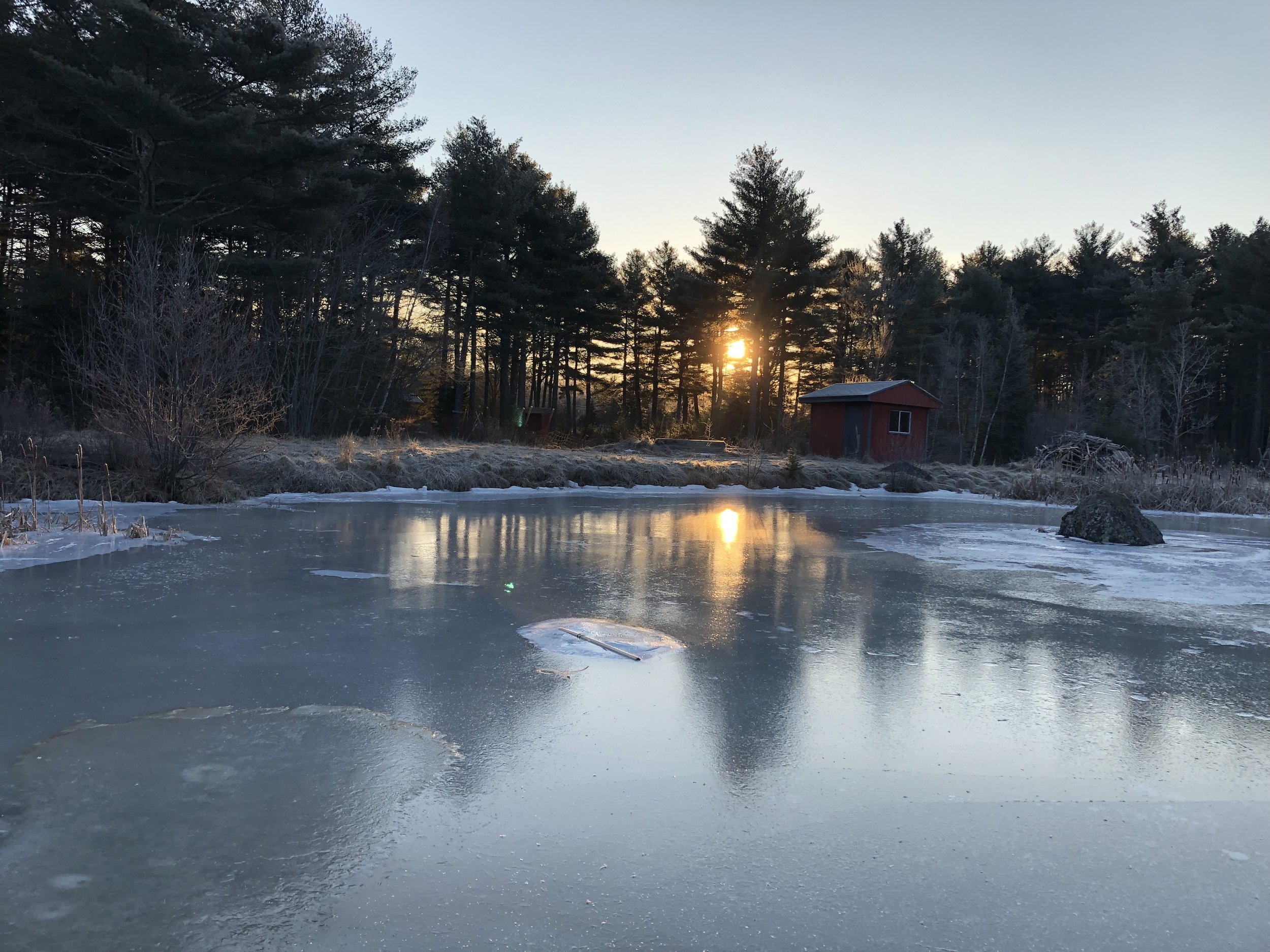Intimate connection is sweet. It makes all the drudgery of life seem like a small price to pay for this existence. This experience is available to everyone but we often keep ourselves closed off from the very connection we are seeking. Below are 5 barriers that keep us from connecting deeply with ourselves, our people, and the universe.
#1 FEAR
This sounds so obvious. Of course fear gets in the way of intimate connection, fear keeps us from all sorts of wonderful opportunities. And, that’s true. But fear is sneaky. Fear wears so many disguises. When fear is a barrier to connection it is usually disguised so well you don’t recognize it. In healthy relationships, we aren’t afraid of our partners, but fear can still keep us from connecting with them. Fear they will leave us, fear they don’t love us, fear we don’t make them happy, fear they aren’t happy. Those seem pretty common, right? But you have to keep digging. What about the fear that we aren’t happy? That one can hide under all sorts of covers. In order to be vulnerable enough to have an intimate connection, we need to understand what our vulnerabilities are and that involves investigating fear. It involves looking for the fear that is hiding in plain sight and the fears that we are so comfortable with we aren’t even aware they are there.
#2 Resentment/Competition
Resentment and competition are like metaphorical twins: the same and different. The term “friendly competition” may be common but its execution is not. If you are in a relationship with yourself or someone else and you are keeping tabs on “winners," you are probably breeding resentment. You may even be breeding resentment for yourself. Competition is comparison. We just can’t compare contributions in a relationship and have it come out “fair”. That does not mean it isn’t just. In order to decide if contributions are just we need to listen to our emotions but not act upon them. “ I see I am irritated my spouse didn’t do the dishes”. We can watch this emotion play out and see where it goes. If we take action on the aggravation we cut off an opportunity to learn where it was really coming from and where it was really going. Most likely, that aggravation comes from a disguised fear.
#3 Punishment Mindset
Punishment is prevalent in our culture. We hand out punishment with tone of voice, body language, and bitter words. We often don’t even notice or really mean it. A little huff when our child asks for something after we have put it away, a raised eyebrow when a colleague makes too much noise at a meeting, a cold shoulder when someone comes to bed too late. Why do we do these things? Punishment is not ours to pass out. It is a lot of work and our nervous system picks up on it. You do not need to let hurts go, you do not need to fulfill every request but we also do need to address these things directly and with kindness. Punishment happens naturally in this world. There are natural consequences for everything, and sometimes the natural consequence for someone else will be that you are angry. That’s okay, just make sure that you aren’t handing out little punishments all day long without awareness. Most of us are.
#4 Unrecognized Gratitude
We are grateful for another sunrise with our families. Sometimes we forget to recognize the little things that are really big. Just because they happen everyday and are common occurrences doesn’t make them a given. Maybe that is why it is so hard to express gratitude for the breath in our lungs and the fact we all made it home at the end of the day. Maybe when we express that gratitude we entertain the possibility it is fragile. It is. Accepting that truth makes it okay to take a little longer putting on a child’s shoe. It makes every moment a gift. That doesn’t mean we have to love every minute of every day, but it does make it easier to find the magic we might otherwise miss.
#5 Refusing Permission
You are allowed to enjoy this life. You are allowed to enjoy your body. You are allowed to enjoy your partner. You are allowed to revel in your children. You are allowed to be happy. You are allowed to be intimate with this life and find all the juicy fruit within your existence. Only you have the power to give yourself this permission, don’t refuse it.




